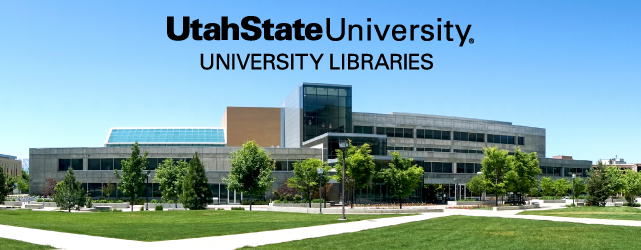Using focus groups to assess student needs
Document Type
Article
Journal/Book Title/Conference
Library Review
Volume
54
Issue
9
Publisher
Emerald Group Publishing Limited
Publication Date
2005
First Page
524
Last Page
530
Abstract
Purpose – Reports methodology and findings of focus groups conducted at Utah state university to assess students’ needs in the library’s new information commons.
Design/methodology/approach – A joint committee of computer services personnel and librarians, with assistance from undergraduate library peer mentors, undertook a series of focus groups with participants from the Utah state university student population. The goals were to assess the undiscovered needs of students and students’ preferences in a new library.
Findings – After the focus group responses were organized into eleven categories, we recorded several key traits and sets of comments from our user population; our users spend a good deal of their study time in the library either working individually or as a group, participants differ in their preferences for seeking help in the library, and participants consider noise levels and adequate space to study important concerns.
Practical implications – By following a few standard procedures, focus groups can be a useful format for collecting data regarding patrons’ needs and interests in the library. Focus groups can help library staff plan for and design new intellectual and physical spaces in the library.
Originality/value – This paper will be useful to academic librarians planning an Information Commons or other services in the library, or librarians interested in assessing their users’ needs through focus groups.
Recommended Citation
Britt Anna Fagerheim, Sandra J. Weingart, (2005) "Using focus groups to assess student needs", Library Review, Vol. 54 Iss: 9, pp.524 - 530


